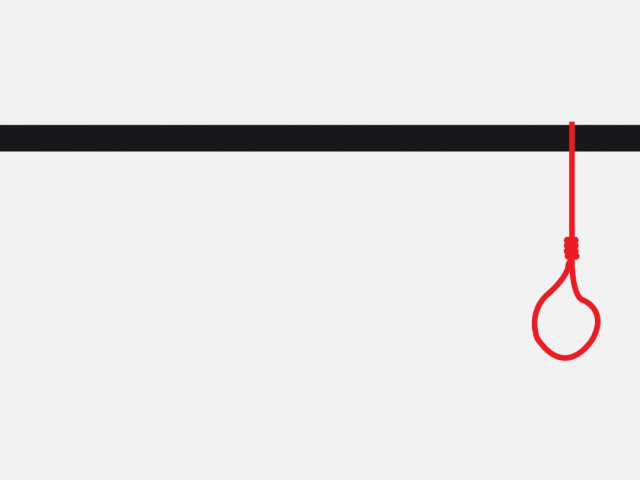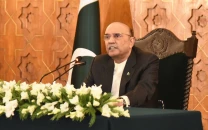Amnesty urges Pakistan to stop first civilian execution in six years
If carried out, it will be the first civilian execution since 2008 and the first execution since 2012 in the country

Sarwar’s appeals were rejected in 2003 and 2006 by the Lahore High Court and the Supreme Court against the death penalty, thereby exhausting his appeal process.
“If carried out, it would be the first civilian execution in Pakistan since 2008 and the first execution in the country since 2012,” the Amnesty International report said.
In late 2008, a civilian execution had taken place. In November 2012, a soldier was executed by military authorities. Further, the report revealed that Behram Khan, a civilian, had been scheduled to be executed on July 30 – but the order was later suspended.
“This execution should be halted immediately,” said David Griffiths, Amnesty International’s Deputy Asia-Pacific Director.
“The suspension in executions which we have seen in recent years is one of few human rights areas in which Pakistan can point to a positive record. The country has committed itself to making progress on human rights – as a beneficiary of the EU’s GSP+ preferential trading status, for example – and the resumption of executions would be a seriously regressive step. Instead of moving to resume executions, authorities should formalise a moratorium on the death penalty as a first step towards full abolition,” said Griffiths.
Following Prime Minister Nawaz Sharif’s return to power in 2013, the incumbent government had “threatened to resume executions”. However, after being pressured by human rights groups, the government backed-down.
Pakistan has one of the highest death row populations with more than 8,000 prisoners on death row. Most of them have exhausted their appeals processes and could possibly face execution.
During trials, defendants lack adequate legal representation. Additionally, some prisoners facing the death sentence were below 18 years when the crimes had been committed. These actions go against the country’s “obligations under international law”.
“As long as the death penalty is in place, the risk of executing innocent people can never be ruled out. The systemic fair trials violations in Pakistan not only exacerbate this risk, but also put Pakistan in breach of its international obligations,” said Griffiths.
“There is no conclusive evidence that the threat of execution acts as a particular deterrent to crime. The death penalty violates the right to life, pure and simple, and has no place in any human rights-respecting society. Pakistan should join the majority of countries in the world and abolish it completely,” he added.



















COMMENTS
Comments are moderated and generally will be posted if they are on-topic and not abusive.
For more information, please see our Comments FAQ